cost for small hive to stimulate fruit trees and garden
engineeredgarden
16 years ago
Related Stories
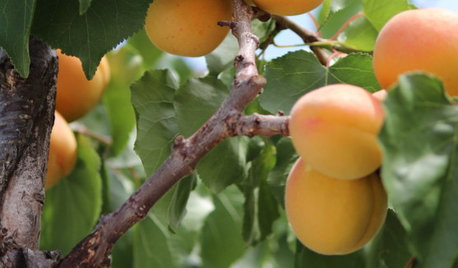
FARM YOUR YARDIf You Have Room for Only One Fruit Tree ...
Juice up a small garden with one of these easier-care or worth-the-effort fruit trees for a mild climate
Full Story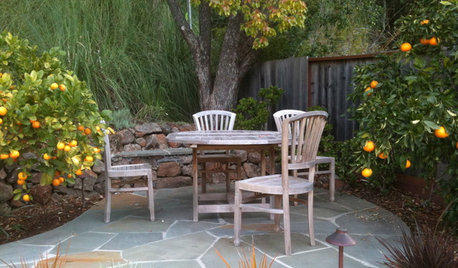
GARDENING AND LANDSCAPINGCrazy for Fruit Trees
Whether a single citrus or a mini apple orchard, even the smallest landscape space can bear deliriously delicious fruit
Full Story
EDIBLE GARDENSHow to Grow 10 Favorite Fruit Trees at Home
Plant a mini orchard in fall, winter or early spring to enjoy fresh-off-the-tree fruit the following year
Full Story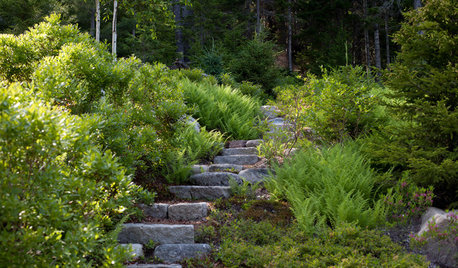
GARDENING GUIDESGreat Design Plant: Grow Blueberries for Their Fruit and More
Eastern gardeners should consider growing blueberry plants for their delicious fruits, bee-friendly spring blooms and brilliant fall foliage
Full Story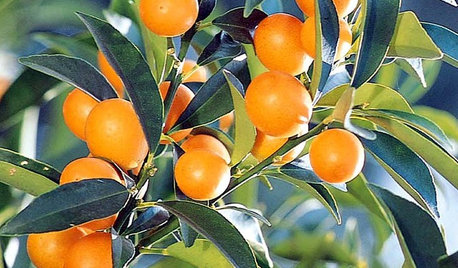
FALL GARDENING5 Fall Fruits You Can Grow in Containers
Brighten your porch or patio with a potted pomegranate, kumquat, blueberry bush or another great fall fruit
Full Story
GARDENING GUIDES5 Best-Behaved Trees to Grace a Patio
Big enough for shade but small enough for easy care, these amiable trees mind their manners in a modest outdoor space
Full Story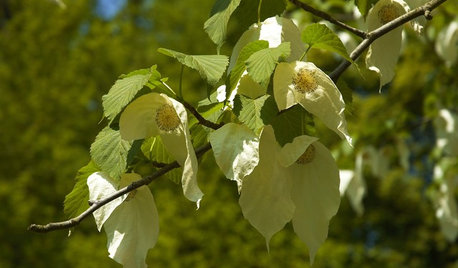
GARDENING GUIDESGreat Design Tree: The Dove Tree
With distinctive fluttery flowers and a height that towers over the landscape, the dove tree provides a respite from the summer sun
Full Story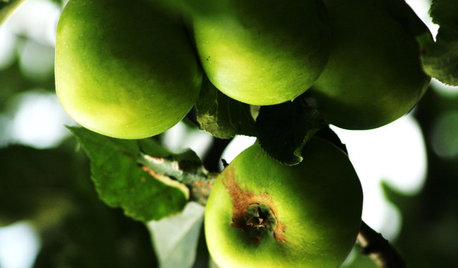
EDIBLE GARDENSHow to Add an Apple Tree to Your Edible Garden
Readily available, beautiful and fragrant, apple trees offer four-season interest along with crisp, juicy fruit
Full Story
GARDENING GUIDESHow to Keep Your Citrus Trees Well Fed and Healthy
Ripe for some citrus fertilizer know-how? This mini guide will help your lemon, orange and grapefruit trees flourish
Full Story
MOST POPULARHow to Get Rid of Those Pesky Summer Fruit Flies
Learn what fruit flies are, how to prevent them and how to get rid of them in your home
Full StorySponsored






tonybeeguy
engineeredgardenOriginal Author
Related Professionals
Londonderry Landscape Architects & Landscape Designers · Hershey Landscape Architects & Landscape Designers · Finneytown Landscape Architects & Landscape Designers · Billerica Landscape Contractors · Concord Landscape Contractors · Bainbridge Island Landscape Contractors · Beverly Hills Landscape Contractors · Cockeysville Landscape Contractors · Elmhurst Landscape Contractors · Eustis Landscape Contractors · Firestone Landscape Contractors · Hilo Landscape Contractors · National City Landscape Contractors · Point Pleasant Landscape Contractors · St. Louis Landscape Contractorstonybeeguy
ccrb1
engineeredgardenOriginal Author
barbara_muret
austransplant
tominruffin